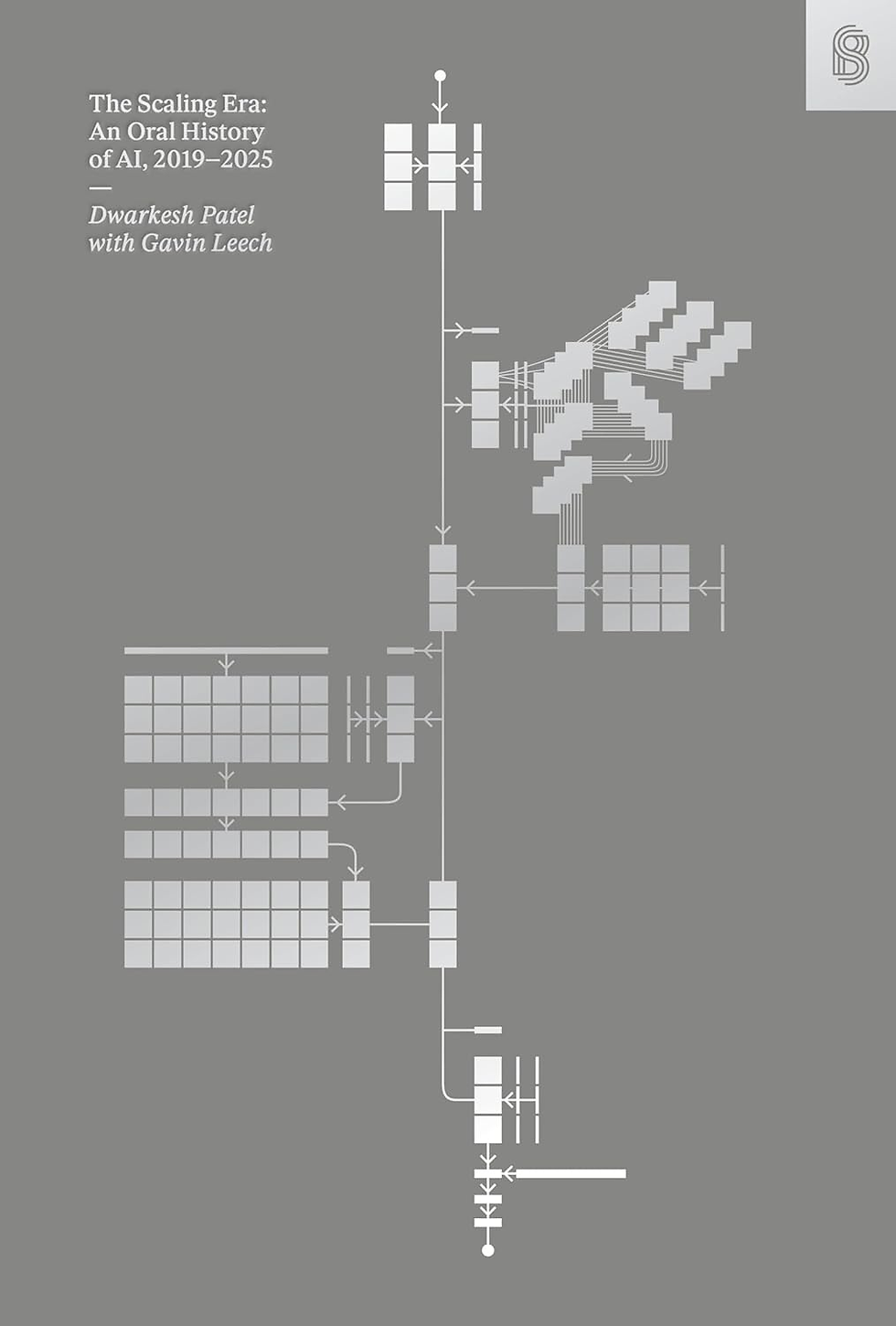AI Book Review: Atlas of AI by Kate Crawford
- Kevin D

- Mar 14, 2025
- 3 min read
This week's review is on Atlas of AI: Power, Politics, and the Planetary Costs of Artificial Intelligence by Kate Crawford.
Artificial Intelligence has expanded rapidly into the business and education realms, being offered as the next solution to all our problems. The dark side of AI is rarely discussed outside of one-off articles and quick blurbs - even as it may very well lead to the same dark rounds as social media, cellphone, and rampant internet use has. Therefore, a well-written, in-depth book on the multitude of ways AI harms our society is a deep need. Unfortunately, Atlas of AI: Power, Politics, and the Planetary Costs of Artificial Intelligence is not up to the task.
The work is easily readable and organized around eight sections: Earth, Labor, Data, Classification, Affect, State, Power, and Space. Each section provides some historical background on the impact of capital, big business, government, and society in those realms - with examples drawn from history and personal experiences of the author. There are certainly some excellent examples of the harm of AI from poor training data sets negatively impacting the poor or racial minorities to wanton environmental destruction in pursuit of rare earth minerals.
In addition, the conclusion, "Power," serves as a philosophical call for a new ethical theory around technology and moral complicity. Crawford draws out the discussion around the philosophical perspectives on some of the uses of technology and capitalism in the modern world. Highlighting the need for this call - however - she does not effectively answer it.
The works fails on two true fronts and disappoints on a third.
First, it fails to truly be about AI - serving as more of a diatribe on the ills of modern capitalism and the use of government power. AI is not defined, delineated, or discussed beyond it serving as a further demonstration of the consumer-driven economy striving to dish up a new, next thing. The discussion of training data serves as the only AI-centric aspect of the text; with most of the arguments and examples serving as a Marxist or anti-capitalistic text.
There is more than enough room to critique capitalism and its effect on the environment, society, humanity, racism, sexism, and more. AI itself is a great way to explore some of those negative (and positive) effects. However, it shouldn't be the heart of a critique of AI in the practical or philosophical realms.
Second, in addition to its focus on AI as capitalism, Crawford pulls odd punches within and without that critique. She excuses China's models and corporate endeavors. China is one of the worst offenders of environmental degradation - producing a quarter of the world's annual greenhouse gas emissions. In addition, like many US companies, the racial and sexist inputs (along with the politically limited outputs) are rampant amongst Chinese models - and not mentioned in Crawford's critique.
In the Western world, some AI companies are highlighted repeatedly for their offenses; while Microsoft is rarely mentioned. Crawford is a senior principal researcher at Microsoft Research. Microsoft's massive investment in Open AI is only glancingly mentioned; while its own effects on the environment and economy as a trillion-dollar company are not. Likewise, promises from Microsoft like the Rome Call and other efforts to promote ethical AI are rarely mentioned except with a tone of derision.
The third disappointment is the wide variety of places Crawford visits (Nevada, Malaysia, Mongolia) and then details in a paragraph or two. This seems especially odd in the context of a critique of the environmental impacts of capitalism and whether the usage of AI is necessary given those impacts. I would ask whether the money, time, and carbon was worth the author's flight to Utah and drive to an NSA facility, to share in a paragraph that a fence prevents visitors.
Rating: 2/5 Stars
Good For: People unfamiliar with the negative effects of capitalism or who are unaware that AI is a product of capitalism. Could be helpful for those seeking a jumping off point for ethical concerns around technology or training data.
Best nugget: "Technology at present is covert philosophy; the point is to make it openly philosophical” - Phil Agre
Please note: As an Amazon Associate I earn from qualifying purchases. However, I am not paid to provide reviews or use content.




Comments